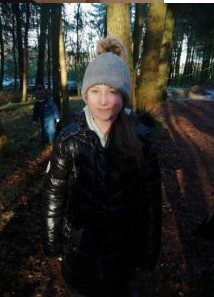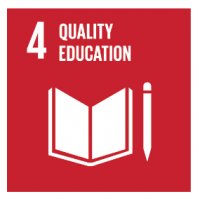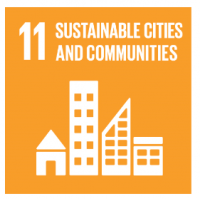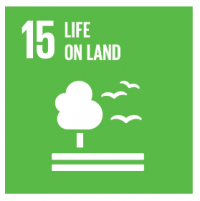The LOST Team have developed a number of resources for Interdisciplinary Learning based on novels and books with a strong environmental and outdoor message. We call these resources Literacy Out of the Box
Mrs Ross and P5/6 Fenwick PS primary school borrowed The Wilderness War by Julia Greene resource box. Coincidentally, the resource was delivered to the school just as schools entered a Remote Learning phase. Mrs Ross managed to get the novels out to pupils learning at home and the IDL topic was used the basis for some of the learning during this period.
The Wilderness War – An Introduction provides an overview of the book and links to resources to support the IDL topic.
Judith Ross describes how the novel was used. She shares some of the successful learning, what engaged learners and her own suggestions for using the book as the springboard for learning outdoors and Learning for Sustainability.

The class loved the fact that the children in the novel felt real and were risk takers and lovers of the outdoors (like lots of the pupils in Primary 6). They were hooked straight away and loved the characters in the story. As the class were working from home I recorded myself reading the chapters so that they could choose to listen along and follow at their own pace (just like we would usually do in class).

Pupils were given ownership of what activities they completed from the book and we weaved some of the RSPB Bronze Challenge activities in to our outdoor activities. We took part in the Big Garden Bird Watch.As the pupils were working from home, it was a great way of ensuring that we could limit screen time. Children were able to create dens in their garden and home, study the wildlife on their walks and identify birds from their song and identify plants and trees.
Having the resource to link activities back to the curriculum and to help support me as a teacher with activities was very useful and made planning easier. Planning across the curriculum was supported in the pack and we included maths, literacy, art as well as science and social subjects.
I would definitely use the resource again and I am looking forward to using it with my class next year. I would suggest that this novel study is best used in the spring/summer term. Although the novel is focused during summer and we were reading this novel in winter LOST helped me to adapt some of the activities to suit.
Not all ‘outdoor’ learning takes place outdoors! That is, learning outdoors is used to stimulate and embed learning where ever it takes place. As this was IDL based on a novel there were lots of opportunities to revisit, introduce and deepen learning with a Literacy focus, as can be seen from the work pupils produced.

Persuasive text based on issues raised by the novel and the real life issues faced by pupils during a global pandemic.


A chance to explore the author’s use of language to engage the reader.
Making connections in our learning.
We were able to use our school den building kits and fire kits when we returned to school which was a lovely way to reflect on our learning and the novel.
What P6 Said …
‘It was about independent children trying to save the woods.’
‘It had cliff hangers at the end of each chapter.’
‘We learned to identify birds by their call.’
‘It pushed me try building (more ambitious) dens.’
‘Our whole family went litter picking.’
‘I helped my sister make stuff using things from the recycling bin.’

https://www.globalgoals.org/3-good-health-and-well-being

https://www.globalgoals.org/5-gender-equality

https://www.globalgoals.org/5-gender-equality

https://www.globalgoals.org/11-sustainable-cities-and-communities


